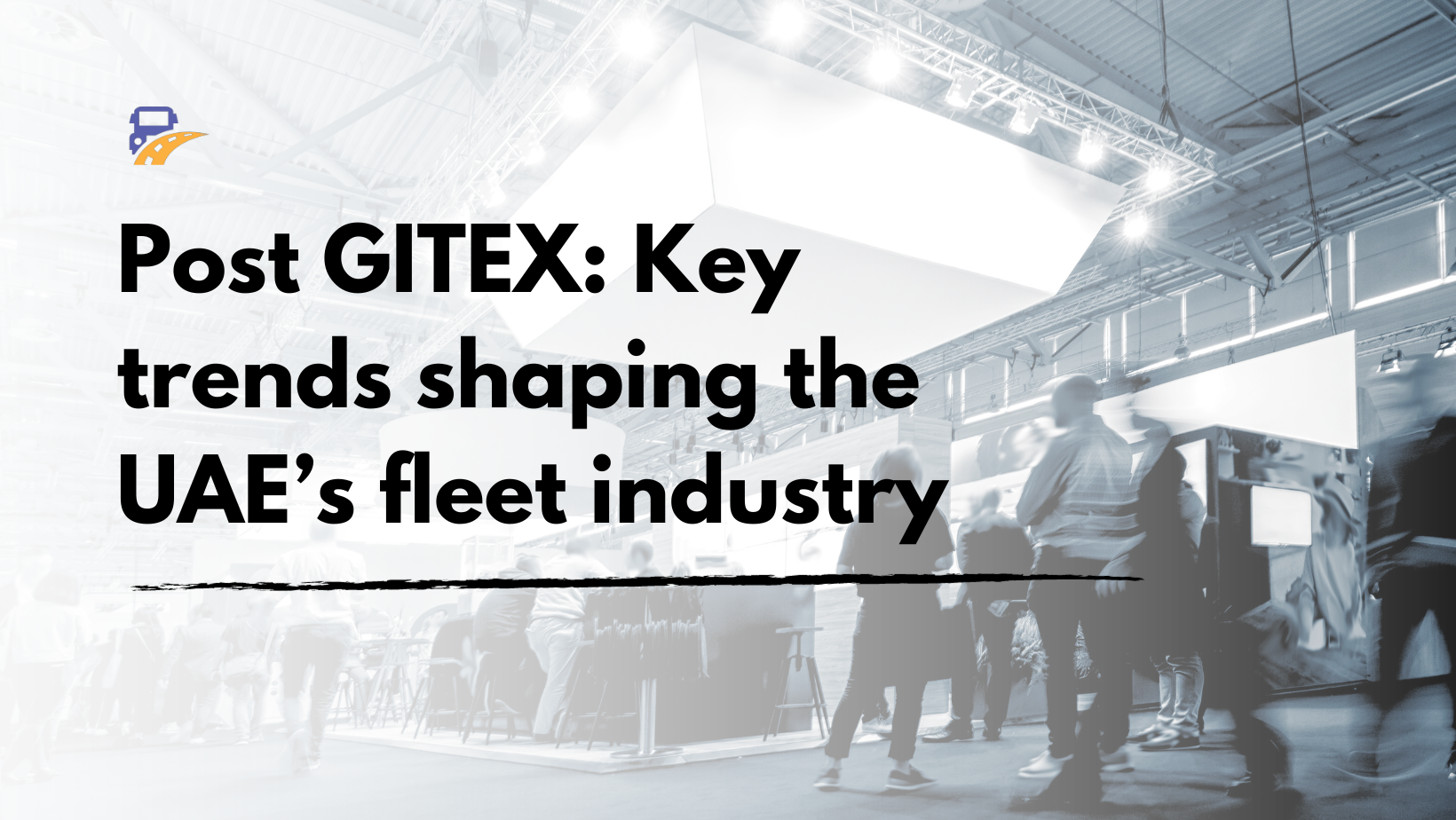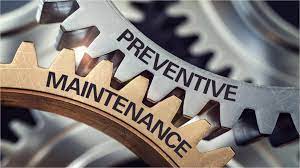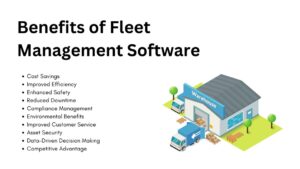This year at GITEX, the IoT zone acted as a hub for Wialon and top telematics industry players – reputable manufacturers of tracking devices, fuel sensors, weight sensors, and connectivity specialists – to display cutting-edge IoT and telematics solutions.
By doing so, they reaffirmed their steadfast commitment to provide cutting-edge technologies and solutions for a wide range of sectors.
From the incorporation of Artificial Intelligence (AI) and video telematics to the introduction of 5G connection and the embracing of eco-friendly technology, the future is bright.
As the demand for efficient and environmentally friendly transportation solutions develops, the UAE’s fleet business is undergoing substantial transition and adopting new trends in order to remain competitive and satisfy its clients’ increasing needs.
AI is transforming fleet management.
The opportunities for fleet management to benefit from AI are numerous, and they show great potential for revolutionising operational efficiency, improving safety measures, and increasing overall sustainability in the logistics and transportation sectors.
One of the key applications of artificial intelligence in fleet management is the optimisation of route planning and delivery operations. Logistics firms may expedite their route planning processes, minimise delivery delays, and optimise overall fleet performance by leveraging the power of AI-driven predictive analytics and machine learning algorithms. Predictive models powered by AI can efficiently forecast traffic patterns, weather conditions, and other variables to provide real-time route recommendations, allowing logistics organisations to ensure timely deliveries, save fuel usage, and improve customer satisfaction.
According to Aliaksandr Kuushynau, the Head of Wialon, an exemplary instance of our AI integration pertains to the automated identification of vehicle or machinery kinds by a thorough examination of various characteristics, such as speed, driving habits, and other pertinent data points. Platforms like Wialon can effectively categorise and identify different vehicle types by leveraging AI-powered algorithms, allowing users to expedite their fleet management operations, optimise resource allocation, and improve operational transparency.”
Video Telematics to Improve Safety
During Gitex, Wialon partners from all around the world expressed a rising interest in video telematics. Video telematics has developed as a significant tool for improving fleet safety and security, enabling for real-time driver behaviour monitoring, accident identification, and proactive risk management.
Fleet managers can use video fleet management software to access the vehicles’ live feeds and check in on their drivers in real-time and on video to ensure that they are fully aware. In-cabin cameras ensure that drivers are not distracted, are not transporting unauthorised persons, are not smoking, texting, or are showing indications of exhaustion. The video solution does more than just display and save video clips; it also expertly incorporates them into the overall tracking system. Working with video records, for example, is essential for evaluating traffic accidents and other situations.
This expanding trend at GITEX reflects the industry’s emphasis on comprehensive fleet protection and promoting safe driving habits.
The Impact of 5G Connectivity
Operators around the world are starting to shut down 3G networks in order to free up spectrum for the expansion of 4G and 5G connections. 4G and 5G networks provide significant advantages over 3G technology, particularly in the logistics industry. Significantly quicker data transmission speeds, decreased latency, and more network capacity enable real-time communication and data processing. These networks offer increased dependability and connectivity, allowing for more precise and efficient fleet tracking and administration.
According to Aliaksandr Kuushynau, the Head of Wialon, the gradual phasing out of 3G networks has had a substantial disruptive impact. This has necessitated fleets to not only replace obsolete tracking devices, but also adopt new software tools and incorporate sophisticated technology into their business operations. This shift to next-generation connectivity has sparked a larger rethinking of fleet management systems, encouraging an industry climate of innovation and digital change.”
Green Technologies for a Longer Future
A noticeable trend focusing on fleet sustainability has acquired substantial support at GITEX, with a growing number of operators prioritising eco-friendly practises and embracing green technologies. The adoption of electric vehicles, the implementation of fuel-efficient techniques, and the use of renewable energy sources indicate the industry’s coordinated efforts to promote environmentally responsible fleet management practises and contribute to a more sustainable future.
Government legislation’s influence
An apparent increase in local restrictions has motivated fleets to incorporate certain technology and procedures into their operational frameworks. These laws, which aim to improve safety standards, optimise fuel efficiency, and reduce emissions, have prompted the adoption of telematics solutions and environmentally friendly practises, highlighting the industry’s dedication to compliance and sustainability.
“Government legislation is a trend in the UAE for telematics.” “We saw the Abu Dhabi government implement mandatory telematics on most commercial vehicles last year, and this year in the Emirates of Dubai as well, for cargo fleets,” said Charles Zaki Azrak, General Manager at Location Solutions.
Overall, the transformation of the UAE’s fleet business is a beneficial development for both fleet operators and the environment. At GITEX driven by important themes such as the rise of AI applications, sophisticated telematics technology, sustainability, and 5G connection. By embracing these trends, fleet operators can enhance operating efficiency, reduce environmental impact, and fulfil their customers’ changing expectations. As the industry evolves and innovates, it is likely to experience greater growth and development, strengthening its position as a transportation sector leader. Efforts demonstrated up to 20 weeks of continuous electric refrigeration without restarting the reefer’s diesel engine or connecting to shore power.






Leave a Reply